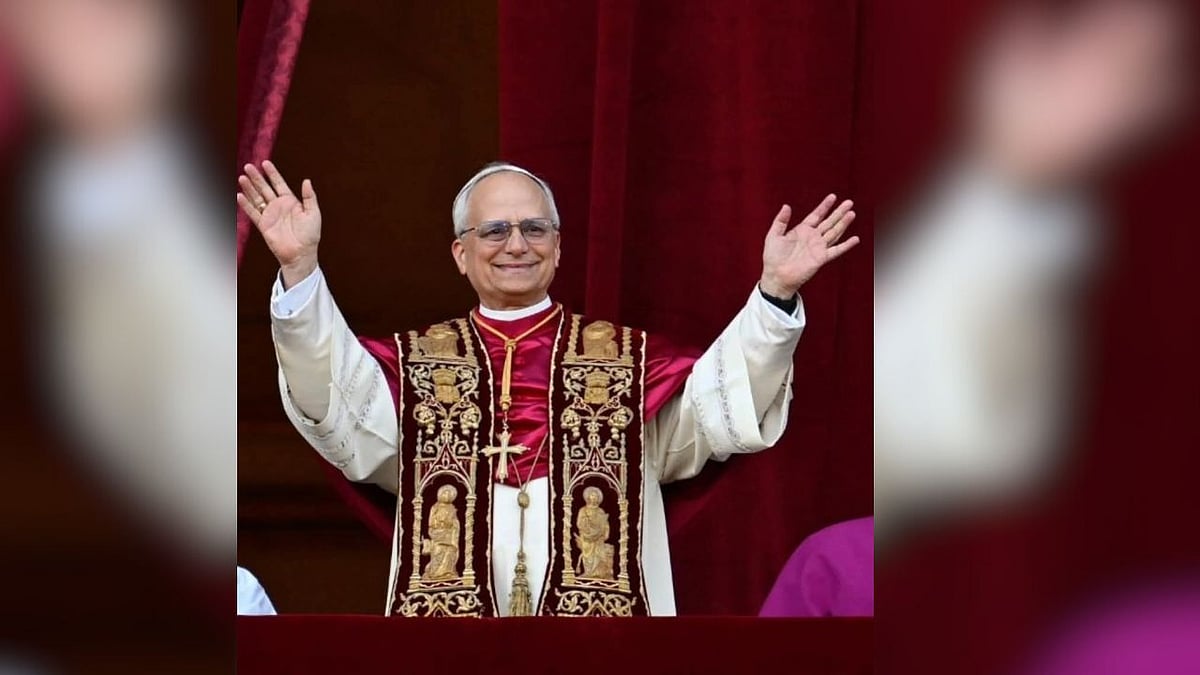The election of Cardinal Robert Francis Prevost as the new Pope marks a turning point in the history of the Catholic Church. By choosing the name Leo XIV, he has drawn a connection with a previous pope who left a lasting mark on the church and the world. But more than the name, it is his background that makes his papacy so significant. For the first time, a North American has become Pope. Until now, there was an unwritten understanding that an American would not be elected to the position. This was because the United States, as the world’s only superpower, might be seen as wielding too much influence. However, the election of the American by 133 cardinals — the largest voting group ever — shows that times have changed. America no longer enjoys the unchallenged global leadership it once did. The cardinals may have chosen him without seeing him primarily as an American.
Although born in Chicago, Pope Leo XIV spent much of his life in Peru, where he even became a naturalised citizen. Today, his nationality matters little, as he now belongs to the Vatican, the heart of the Catholic Church. What matters more is his long and close association with his immediate predecessor, Pope Francis. Their friendship goes back decades — even before Prevost became a priest. Under Pope Francis, he played many important roles, and the two shared a similar worldview. He is known for his quiet strength and thoughtful approach. He is not considered a radical but someone who could bridge the growing divide between traditionalists and progressives in the church. By electing him, the cardinals seemed to favour unity over confrontation. His election suggests a desire for continuity — not in policy alone, but in tone and temperament.
The choice of the name Leo is also meaningful. Pope Leo XIII, who reigned from 1878 to 1903, was called the “workers’ Pope” because he defended workers’ rights during the industrial age. He understood that the church’s influence did not depend on political power or land but on its moral voice. The new Pope seems to share that belief. On issues like immigration, war and the environment, he has firm views. He supports protecting nature and decentralising church governance, within limits. At the same time, he is more conservative on issues such as homosexuality and same-sex families, drawing a line where he believes Biblical teaching must be upheld. One thing is for sure: Pope Leo XIV is unlikely to be a favourite of political leaders like Donald Trump, who once posted a fake image of himself as pope. But the real Pope, with his quiet dignity and commitment to the church mission, is set to leave a far deeper impression.
